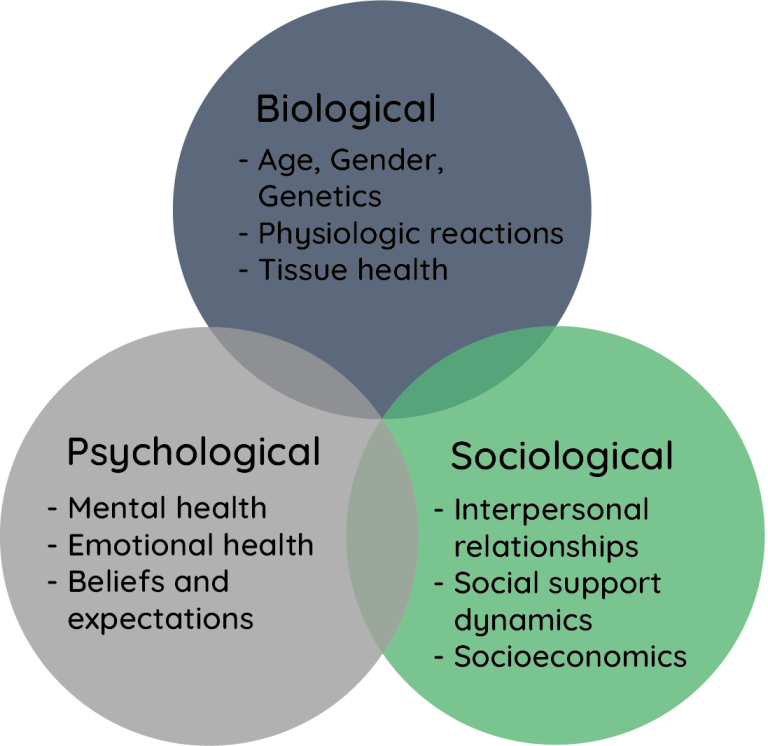For families and friends of someone struggling with addiction, it can feel like an overwhelming and isolating experience. You may be facing confusion, fear, or guilt—wondering what you could have done differently.
At Addiction Family Support, we know how difficult it is to watch someone you care about experience addiction. Many of the people we support, particularly parents, have shared feelings of guilt and self-blame.
That’s why understanding what addiction is, how it works, and the factors that contribute to it can provide clarity—and, just as importantly, compassion for yourself and your loved one.
It’s important to acknowledge that addiction is complex, with many factors playing a role. While family dynamics and upbringing can have some influence, addiction is rarely caused by one single factor.
Addiction: A Brief Overview
Addiction is a chronic condition that affects the brain and behaviour. It’s characterised by an uncontrollable and compelling need to engage in a particular substance or activity, despite the negative consequences it may cause. Over time, the brain’s reward system becomes hijacked, making it harder for the person to stop. What starts as a choice can spiral into a compulsion.
Understanding addiction requires moving beyond judgment and recognising it as a health condition. People don’t choose to become addicted – addiction develops through a combination of biological, psychological, and social factors, which are explored in what’s called the biopsychosocial model of addiction.
“Addiction is a primary, chronic disease of brain reward, motivation, memory, and related circuitry.”
Dr. John Kelly PhD | AFS Ambassador
The Biopsychosocial Model: Why Addiction Happens
The biopsychosocial model explains addiction as the result of three interconnected areas: biological, psychological, and social influences. Each person’s experience is unique, but these factors often overlap.
1. Biological Factors
Addiction has a significant biological component. Genetics can play a role, with research suggesting that some people are more predisposed to addiction due to their family history. Brain chemistry also influences how people respond to substances or behaviours. For example:
- Substances like alcohol and drugs release dopamine, a chemical that creates feelings of pleasure.
- Over time, the brain requires more of the substance to achieve the same effect, leading to dependency.
- It’s important to understand that addiction rewires the brain’s reward system, making it incredibly difficult to ‘just stop’ without proper support.
2. Psychological Factors
Mental health plays a major role in addiction. People who experience trauma, stress, anxiety, depression, or low self-esteem may turn to substances or behaviours to cope. This can lead to a harmful cycle:
- Substances offer short-term relief from emotional pain.
- Over time, reliance grows, and the person struggles to function without them.
- For those who love someone with addiction, recognising these underlying struggles can help build empathy and provide a deeper understanding of what they are going through.
3. Social Factors
Our environment and social connections also influence the likelihood of addiction. Key social factors include:
- Exposure to substance use during childhood or teenage years.
- Peer pressure or social norms where drinking or drug use is encouraged.
- Stressful environments, including poverty, unemployment, or difficult life circumstances.
- Parents often worry that their child’s addiction reflects something they did wrong, but it’s rarely that simple. While upbringing can play a role, addiction is shaped by a wide range of influences. Social environments outside the home, peer relationships, and life stressors all contribute.

Addiction is Not Your Fault
If you are a parent or loved one of someone struggling with addiction, it’s natural to question yourself. Could I have done more? Is this my fault? These thoughts are painful, but they are also unhelpful. Addiction does not happen because of one single reason—it is a complex condition influenced by many factors.
Blaming yourself or feeling guilty only adds to the stress and emotional weight you are already carrying. Instead, focus on what you can do now: understanding addiction, offering support when you are able, and seeking help for yourself when you need it.
What Can You Do?
Understanding addiction is the first step. By learning about the biopsychosocial model and the many factors that influence addiction, you can begin to shift away from blame and towards compassion. Here are a few ways to move forward:
Educate yourself: Learn about addiction and its complexities. Knowledge reduces stigma and fosters understanding.
Seek support: Remember, you are not alone. Reach out to organisations like ours that can offer guidance and understanding.
Take care of yourself: Supporting someone with addiction is hard. Prioritise your own wellbeing and mental health.
At Addiction Family Support, we are here to help you navigate this journey. Whether you need someone to talk to, resources to help you better understand addiction, or support for yourself, we are by your side.
You Are Not Alone
Addiction affects individuals, families, and communities. It is complex, but with the right knowledge and support, it can be understood. By recognising addiction as a health condition influenced by biological, psychological, and social factors, we can better understand what our loved ones are going through.
If you need support, advice, or simply someone to listen, we are here to help.
Helpline: 0300 888 3853
Why We Use the Word ‘Addiction'
Addiction is a powerful and often debated term. Among researchers, health professionals, and academics, there isn’t always agreement about what it means or when to use it.
Still, the word addiction is widely recognised and easily understood—especially by families seeking help. Alternatives like “harms from substance use” can feel clinical or unclear. That’s one of the reasons we chose to rebrand as Addiction Family Support—so that families in distress can find us more easily and know we’re here for them.


